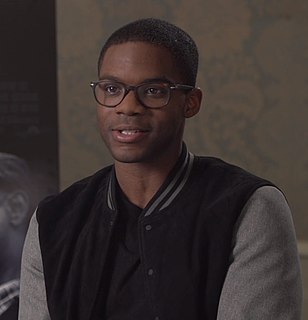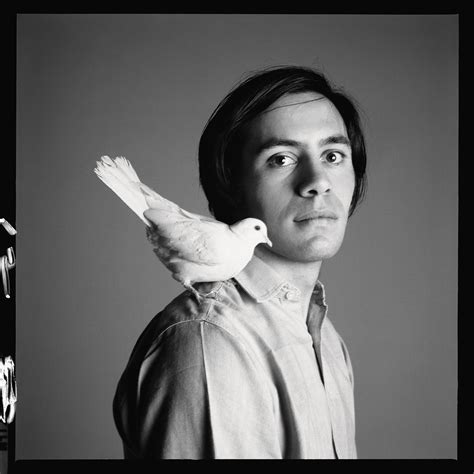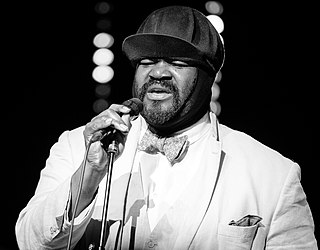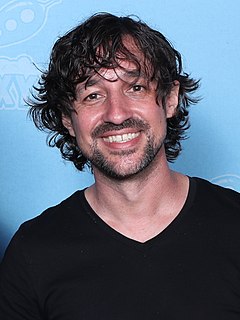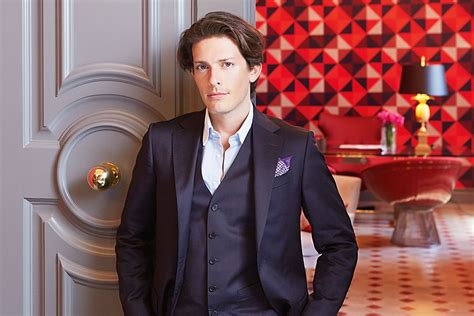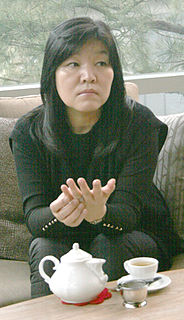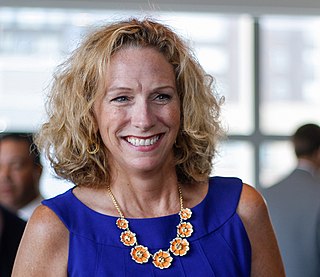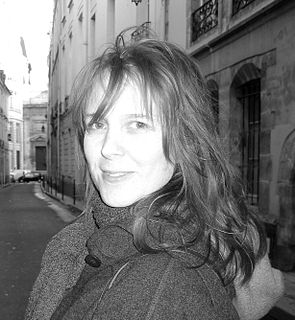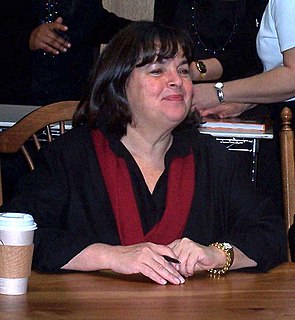A Quote by Jovan Adepo
My mom being raised in England, her father always wanted to pursue the arts and wanted to have a stage career in England. According to her, he never had the courage to actually pursue it full-time. I think that my grandfather's parents thought that it wasn't a formidable job to have.
Related Quotes
I was lucky that I started very young, since I had a very clear idea of what I wanted to do. But my father is very conservative, and he never considered fashion to be a real career but something I could pursue as a hobby. He wanted me to be a doctor, and at one point, I thought of becoming a plastic surgeon.
He’d spent his life being a perfect gentleman. He’d never been a flirt. He’d never been a rogue. He hated being the center of attention, but by God, he wanted to be the center of her attention. He wanted to do the wrong thing, the bad thing. He wanted to pull her into his arms and carry her to her bed. He wanted to peel every last inch of her clothing from her body, and then he wanted to worship her. He wanted to show her all the things he wasn’t sure he knew how to say.
...I have so many dreams of my own, and I remember things from my childhood, from when I was a girl and a young woman, and I haven't forgotten a thing. So why did we think of Mom as a mom from the very beginning? She didn't have the opportunity to pursue her dreams, and all by herself, faced everything the era dealt her, poverty and sadness, and she couldn't do anything about her very bad lot in life other than suffer through it and get beyond it and live her life to the very best of her ability, giving her body and her heart to it completely. Why did I never give a thought to Mom's dreams?
Her [Eleanor Roosevelt] father was the love of her life. Her father always made her feel wanted, made her feel loved, where her mother made her feel, you know, unloved, judged harshly, never up to par. And she was her father's favorite, and her mother's unfavorite. So her father was the man that she went to for comfort in her imaginings.
Initially, the only thing that mattered to me - I was too young to understand the politics of the day - was that there was a woman who was covering the NFL. I asked my mom if I could be a sportscaster when I grew up. My mom was an adventurous spirit herself. Much to my mom's credit, she said, "Yes, you can." It didn't matter to her that no other women were doing it at the time. It didn't matter to her that there was a double standard. It just mattered that her daughter had a dream and she was going to help her pursue that.
(Talks about her grandmother Marjorie Finlay)"She was actually a recording star in Puerto Rico when my mom was growing up. My mom was always stuck sitting backstage somewhere or sitting in a front row, watching a performance her entire childhood. She thought that when her mom stopped performing she was relieved of those duties, but all I wanted to do was sing, ever since I was born, so she's always been backstage.
I always thought that the location of this film [Girl In The Train] was on the train and inside her imagination, and her loneliness and her gaze out the window.Although it was set in England, it didn't feel to me like an overly English book. In terms of the use of cultural references, it was not extreme, so it was very simple to go from England to America in the adaptation.
I had convinced my father to let me pursue this career, and I passionately wanted it. And here was this conflict in me, and I hadn't shared it with my father. And it was excruciating to always have your guard up. Particularly because, being an actor, you're public and visible. I could be seen coming out of a gay bar. Who could have seen me?
